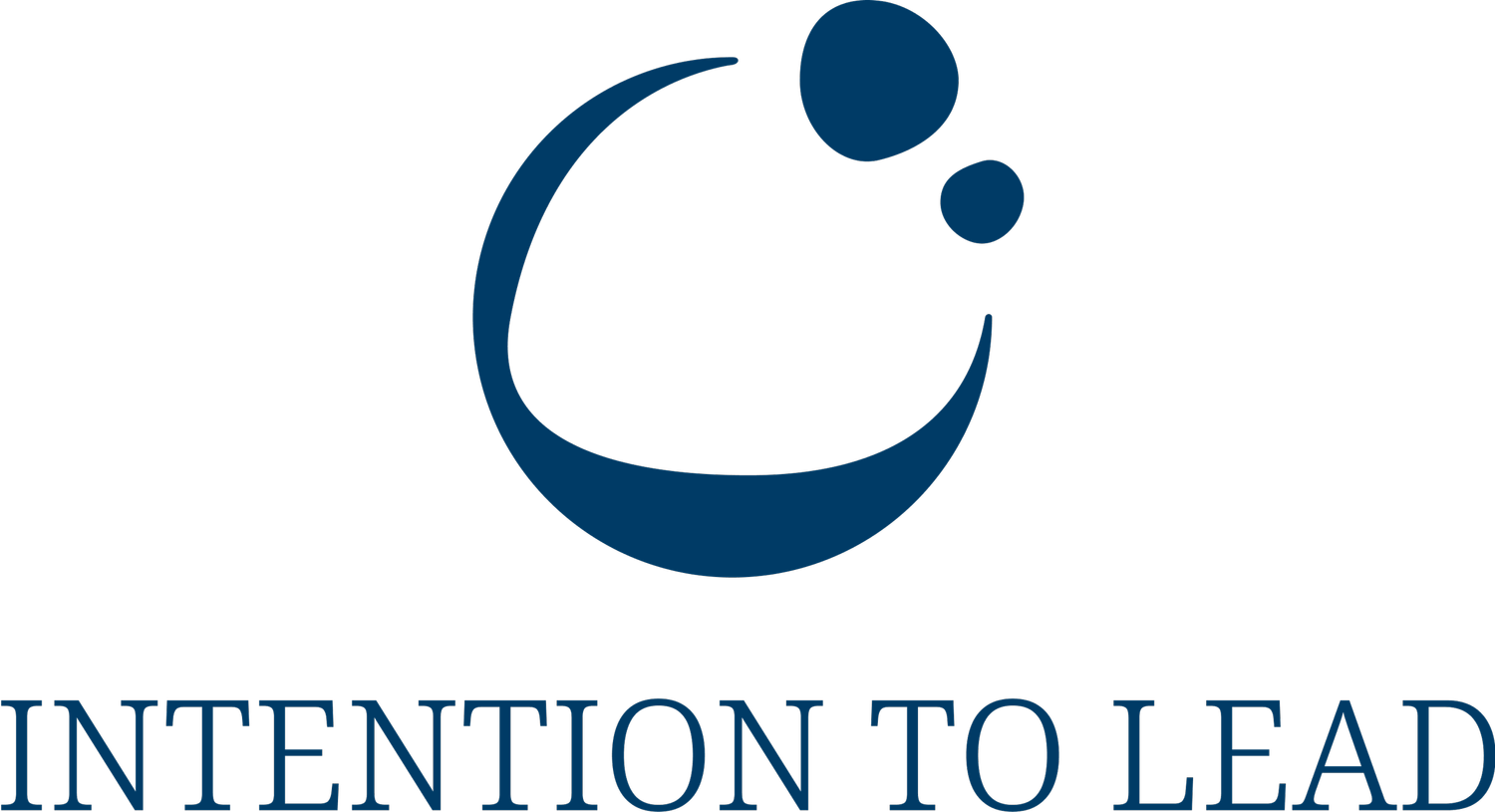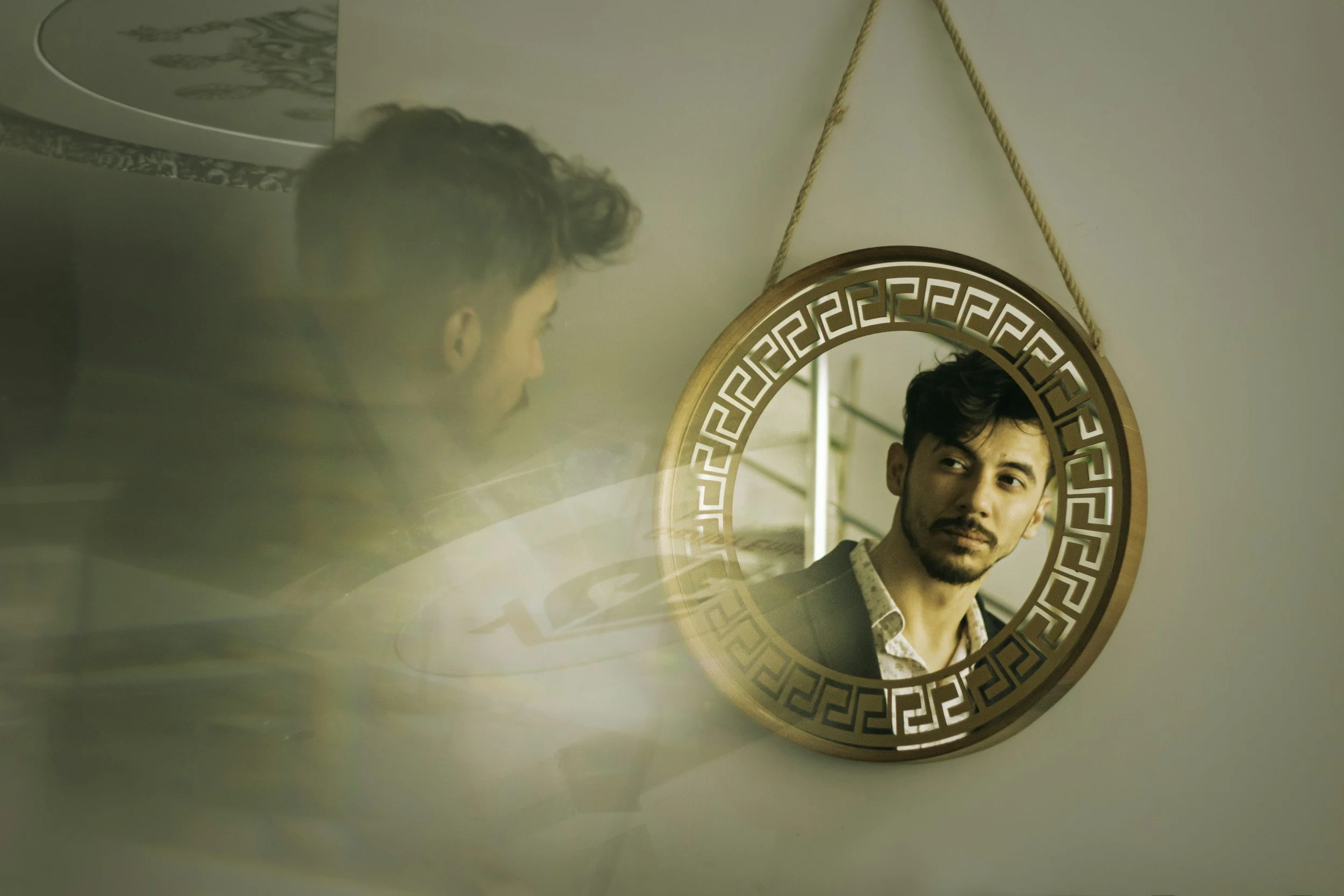
The Curiosity Cure:
How One Simple Question Can Transform Your Relationships
Do people annoy you? This simple mindset shift can transform your relationships, build deeper trust, and make you a better leader.
Instead of assuming that late team member is careless or that forgetful colleague doesn't care, try asking: "What might this person be going through that I'm not seeing?"
When we choose curiosity over judgment, we make room for the beautiful complexity that lives in all of us. Plus, the grace we extend to others often comes back to soften our own inner critic too. Curiosity creates clarity, increases understanding, and opens up possibilities.
Sometimes the most powerful change comes from asking better questions. 🤔💙
Introspection
The Curiosity Cure: How One Simple Question Can Transform Your Relationships
Picture this: Your team member misses another deadline. Your boss has been critical of your project that you were so proud of. Your colleague cancels plans at the last minute... again.
Your brain immediately serves up a judgment sandwich: They're lazy. They're inconsiderate. They are unreasonable. They just don't care.
But what if there's a plot twist you're missing?
The Magic Question That Changes Everything
Instead of jumping to conclusions, try asking yourself: "What might this person be going through? What might I be overlooking?"
It sounds almost too simple, but this single question is like switching from black-and-white TV to full color. Suddenly, you're seeing possibilities you never noticed before.
That deadline-missing team member? Maybe they're juggling a sick parent at home. Your boss? Perhaps they're working double shifts just to make ends meet. Your flaky colleague? They could be battling anxiety that makes commitments feel overwhelming.
From Judge to Detective
Curiosity can help develop compassion, according to neuropsychologist Dr. Sanam Hafeez. When you swap your judge's gavel for a detective's magnifying glass, something remarkable happens. Instead of assuming that your colleague is simply careless, you start questioning whether there are hidden factors influencing their behavior, like personal challenges.
It's like being handed X-ray vision for human behavior. You begin to see the invisible weights people carry, the silent struggles they face, the complexity beneath the surface. When you do this, you increase your capacity to effectively deal with the real issues and solve the real problems.
The Beautiful Mess of Being Human
When you choose curiosity over judgment, you make room for the complexity that lives in all of us — including ourselves, notes psychotherapist Erica Schwartzberg.
And here's the beautiful irony: The more grace you extend to others, the more you'll find yourself extending it to you. That harsh inner critic that usually has a field day with your own mistakes? It starts to soften too.
Look in the Mirror
Judgments often reflect our own insecurities or unresolved feelings, notes both Dr. Hafeez and Schwartzberg.
Instead of jumping to judgment and making assumptions, pause. Unconsciously, within a 10th of a second, our brains automatically make determinations about people and their actions. We can't help it. When we don’t stop to examine these reactive responses, and condemn rather than attempt to understand, we impact our own wellbeing and our effectiveness as a leader.
Instead, be vigilant and when you catch yourself making snap judgments. Take a moment and ask yourself, “Why does this bother me? Have I added meaning to a simple observation? Does this reaction or judgment have anything to do with how I am feeling about myself?”
By pausing to examine what prompts these reactions—whether envy, discomfort, or deeper fears—we gain insight into ourselves and create opportunities for greater understanding (of both ourselves and of others) and we increase our personal growth.
Building Bridges, Not Walls
Every time you pause to wonder instead of judge, you're not just being nicer — you're building trust. People can sense when they're being seen with curiosity rather than criticism. They feel safer, more understood, more human.
And in a world that often feels divided, that simple shift from "What's wrong with them?" to "What might they be going through?" becomes a bridge back to connection, understanding, and effective problem solving.
The next time someone's behavior puzzles or frustrates you, try it. Ask the magic question. You might be surprised by how much your world — and your relationships — begin to change.





